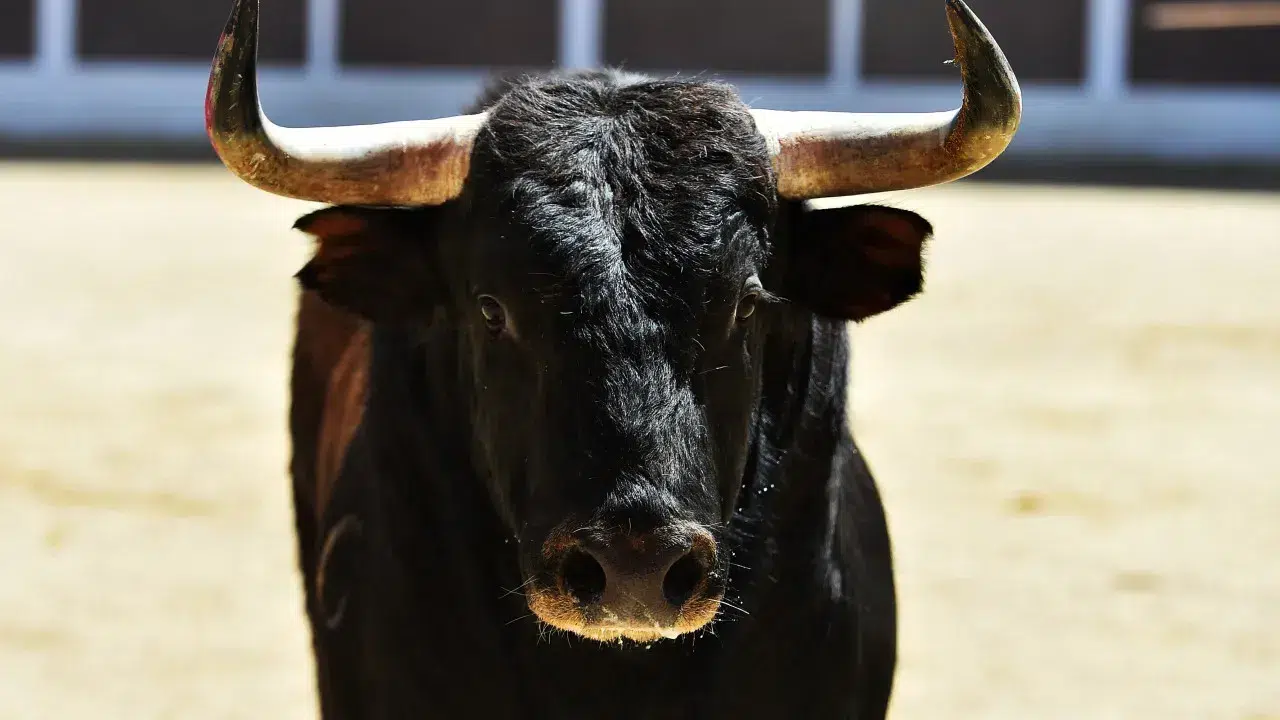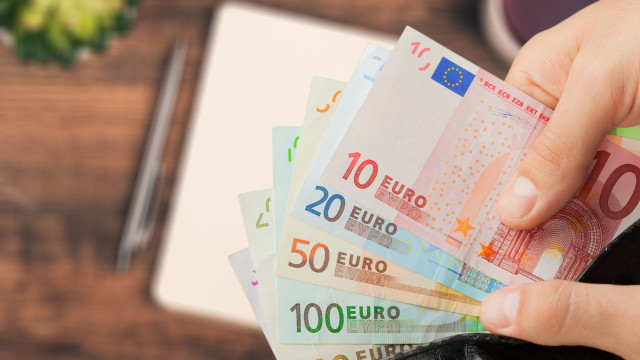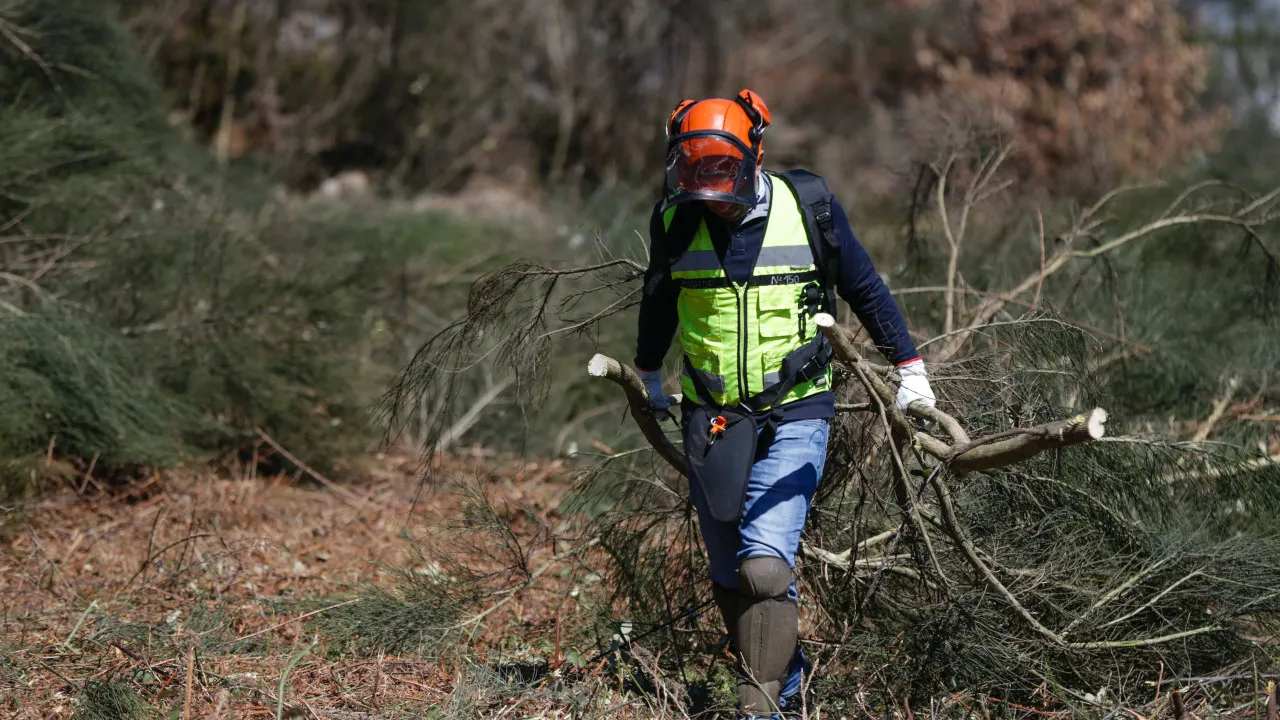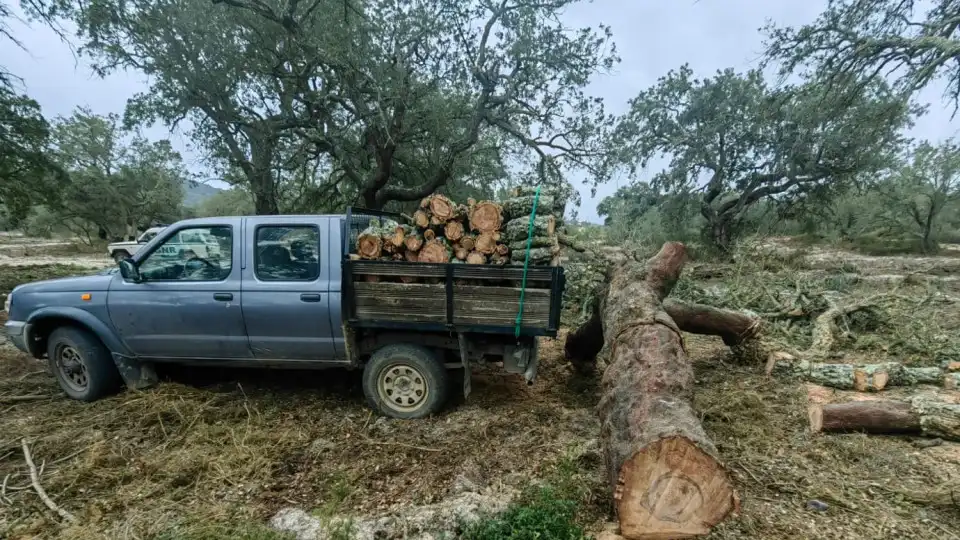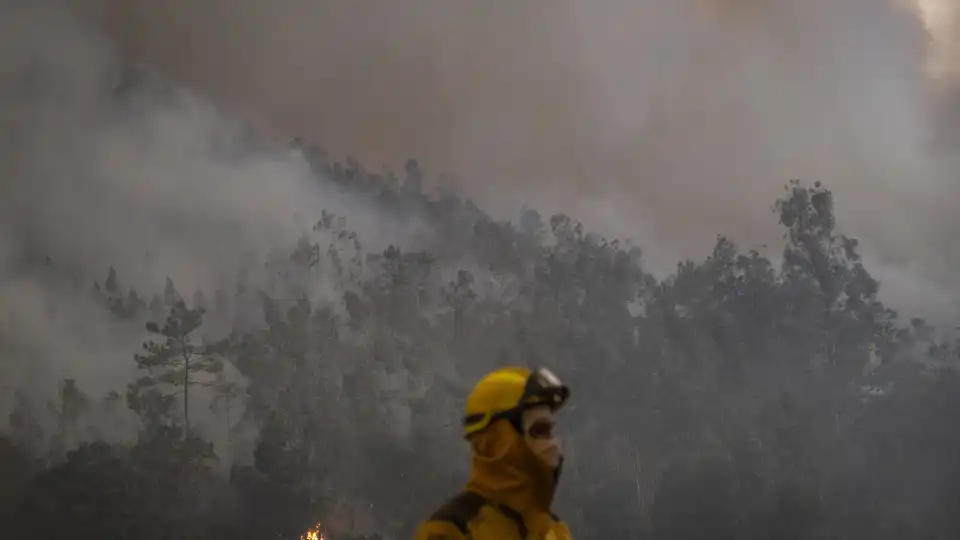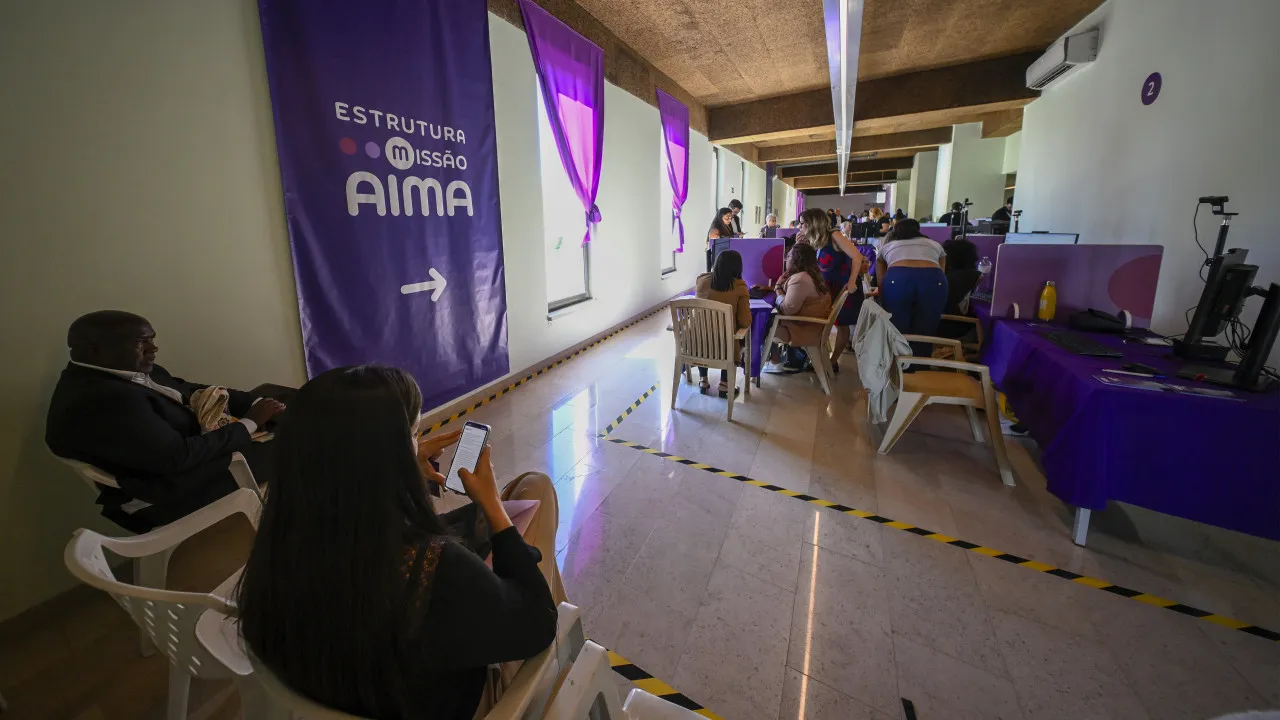The prime minister today expressed hope for developing greater cooperation with Algeria in the renewable energy sector and in particular green hydrogen, with the Algerian president recognizing that this type of energy is taking hold.
In a speech in French at the opening session of the Economic Forum Portugal-Algeria, held today in Lisbon and also attended by the Algerian President, Abdelmadjid Tebboune, António Costa stressed that Algeria “knows well the assets” of Portugal, particularly in the construction sector, metallurgy and equipment production.
However, the head of the Portuguese executive argued that in addition to these sectors, the two countries also have “investment opportunities in other areas,” such as pharmaceuticals, cooperation between ports, and “especially in the area of energy.
Dedicating a long part of his speech, lasting about 15 minutes, to the energy sector, António Costa stated that “the great challenge that humanity must face in the coming years is the challenge of climate change,” defending the need to change the current energy model.
Recognizing that Algeria “is one of the main suppliers of natural gas to Portugal,” and has a “fundamental role” in the country’s energy supply, the prime minister stressed that a change in the energy model does not mean “ceasing to use and consume resources in which Algeria is very rich.
“Carbon neutrality does not mean zero carbon, it means a sustainable balance for nature and for the future of humanity,” he said.
For this to be possible, said António Costa, it is necessary to “develop and invest in other energy sources,” particularly in renewable energies, as Portugal has done by investing in wind, hydro and solar energy.
“We are still importers of natural gas, particularly from Algeria, but we have invested a lot in the different renewable energies – hydro, wind and solar – and we have a huge potential for growth in solar energy production,” he said.
Besides the weight that this type of energy has in the national electricity consumption, Costa mentioned that renewables “are also opportunities and sources for the production of new renewable gases, in particular green hydrogen.
“It is in this sense that we can, and must, work together. Because, for the future of humanity and the world economy, it will be necessary to make a mix between traditional energy sources and this new type,” he stressed.
The Prime Minister said that in Portugal there are experiments underway to inject natural gas and hydrogen in the same system that show that natural gas can be used “with a combination of at least 20% green hydrogen.”
“This means that a new road of cooperation opens up between our two countries,” he said.
Speaking after the Portuguese Prime Minister, Algeria’s President said that his country is diversifying its economy to free itself from the “omnipresence of hydrocarbons.
According to data advanced by Abdelmadjid Tebboune, Algeria managed, in two years, to replace 20% to 30% of the weight of fossil fuels in its total exports, ending the year 2022 with “almost seven thousand dollars in exports not counting hydrocarbons.
Nevertheless, the head of state highlighted the dependence that still exists worldwide on fossil fuels, despite recognizing that “renewable energies are taking over” and that he is not “against energy reconversion”.
“Even if there is a very strong will to make the reconversion, we see that, still, renewable energy only accounts for 20% of the world’s energy consumption. The road is still very long,” he said.
However, Tebboune stressed that Algeria is also focusing on renewable energy, and has even launched its own national production of green hydrogen.
“We are ready to make it available to our European friends, because we are very attached to the European Union and our European friends. We think that our future is common,” he stressed.

